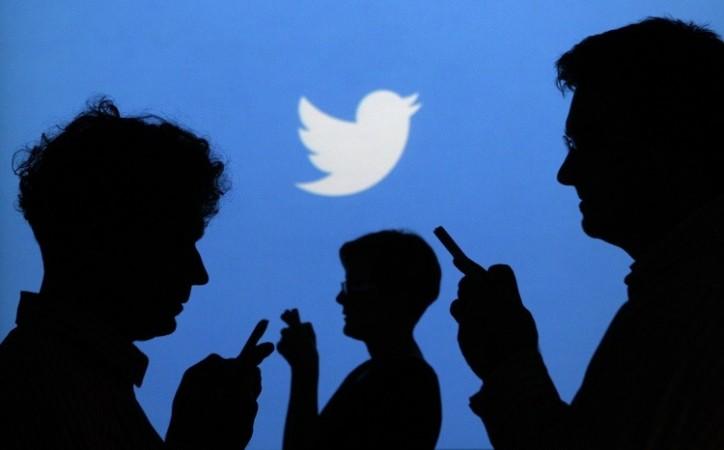
According to a new study conducted by researchers at University of California, Los Angeles (UCLA), microblogging site Twitter, could be used for tracking HIV and drug related behaviors in order to detect and potentially prevent outbreaks.
The study suggests that monitoring tweets and mapping messages may allow predicting drug use behavior and the risk of sexually transmitted diseases (STD).
"Ultimately, these methods suggest that we can use 'big data' from social media for remote monitoring and surveillance of HIV risk behaviors and potential outbreaks," said Sean Young, assistant professor at the David Geffen School of Medicine at UCLA and co-director of the Center for Digital Behavior at UCLA.
The new interdisciplinary center, founded by Young, brings together private sector companies and academic researchers to analyze how mobile technologies and social media can be utilized to predict and change drug behavior.
Earlier, Twitter has been used to predict outbreaks of infections such as influenza. "But this is the first to suggest that Twitter can be used to predict people's health-related behaviors and as a method for monitoring HIV risk behaviors and drug use," he said.
For the study, over 550 million tweets were collected between 26 May and 9 Dec 2012. The researchers created an algorithm to search for words and phrases that suggested drug use or any such risky behavior. The tweets were then plotted on a map to find where they originated from and if these areas have been reported of any HIV cases.
The algorithm figured 8,538 tweets of sexually risky behavior and 1,342 suggested stimulant drug use.
The main weakness of the study is that since HIV data is from 2009 records, so in turn to verify if the approach is useful for future behavior and outbreaks, "gold standard" will be needed for frequent updated data. Tweets can then be accessed instantly in search for disease outbreaks.
"This study was designed to call for future research to understand the potential cost-effectiveness of this approach and to refine methods of using real-time social networking data for HIV and public health prevention and detection", researchers added.









